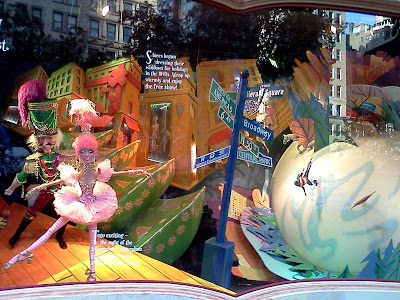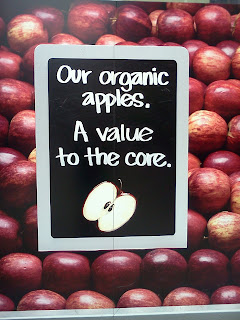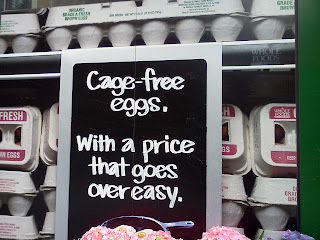Well, I've been on vacation this week with one more week to go, and the week has been really great. It's been nice STAYING UP late, SLEEPING IN, not waking up to an alarm clock, and basically just resting. However, it's not all lying down and sitting in front of the tv; I'm definitely getting some work done. Being PRODUCTIVE and getting things accomplished are part of my goals these two weeks.
 |
| Small boxes that add up to quite a heavy load |
Well, doing all this in the cold can TAKE A TOLL on your body, and it has TAKEN a bit of A TOLL on mine. I'm SNIFFLING a bit, my muscles are a bit SORE, so I decided to take a day off. I still need to HAUL a lot of heavy and BULKY stuff from one storage room to a smaller one, but that can wait till next week.
 |
| Not a pretty picture and quite heavy TO BOOT (in addition). |
STAY UP - not sleep
SLEEP IN - wake up late
PRODUCTIVE - accomplish a lot
TO-DO LIST - list of things to do
OUTDATED - old; old-fashioned; can't be used anymore
DISPOSE OF - throw away; get rid of
HAUL - move, usually something heavy
SHOUTOUT - a mention; a recognition
TAKE A TOLL - have a negative effect after a period of time
SNIFFLE - the sound you make when you smell something or when your nose is running
SORE - pain, hurting
BULKY - large; taking up a lot of space
LIKE the small guide site on Facebook, and FOLLOW me on Twitter @joeyu2nd for some quick, small English lessons. Happy Friday, everyone! Have a great weekend!








